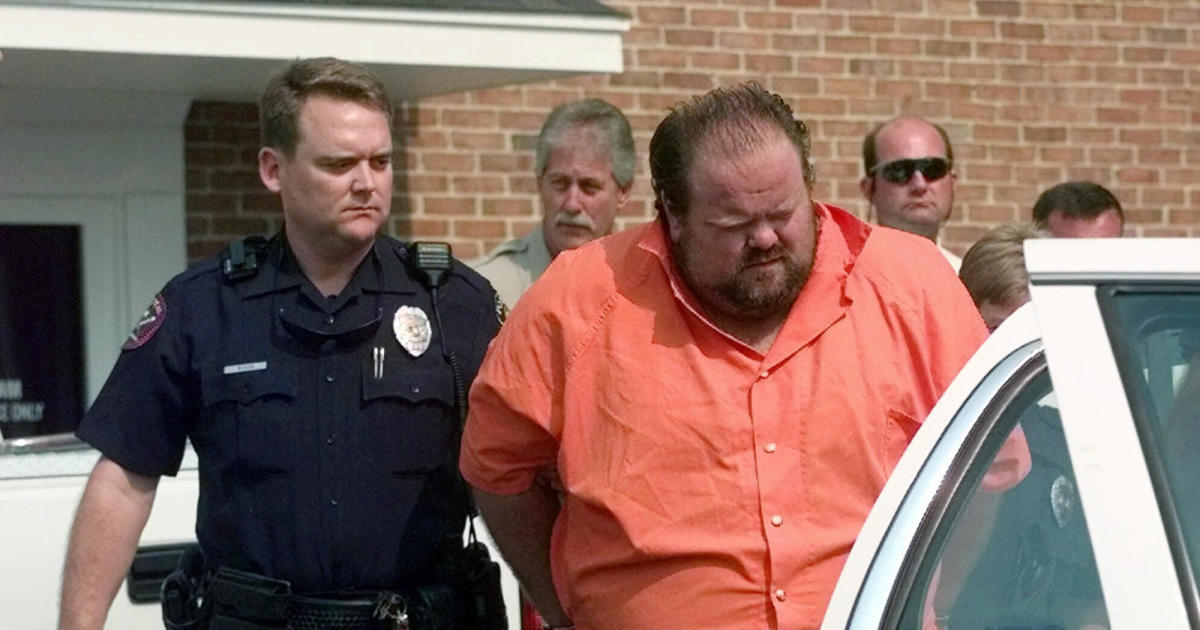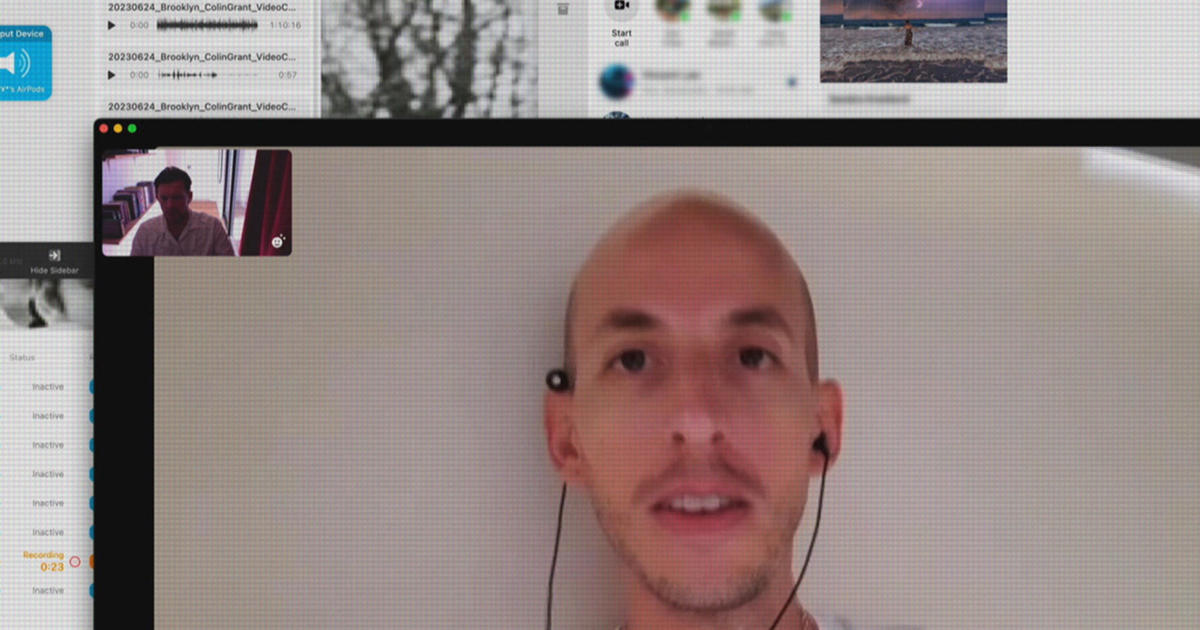Alabama has scheduled a date for the next execution of Alan Eugene Millera convicted murderer who, after surviving an earlier execution attempt, will become the second inmate ever to be killed by nitrogen gas in the United States. Nitrogen hypoxia is a controversial method only allowed in a handful of US states whose main purpose is to suffocate the prisoner with a gas mask without oxygen.
The first person executed in this way was Kenneth Smith, who was killed in late January, marking the state's first use of nitrogen gas for an execution. Although nitrogen hypoxia had technically been authorized as an alternative execution method for several years in Alabama, along with Oklahoma and Mississippi, no one had been executed with the toxic gas before Smith earlier this year.
Miller's execution is scheduled for Sept. 26, according to a memo released Wednesday by Alabama Gov. Kay Ivey's office, CBS affiliate WIAT reported. Miller was convicted of killing three men in 1999.
Ivey's memo followed a ruling last week by the Alabama Supreme Court that authorized execution by nitrogen gas and approved a request by the state's attorney general asking that the governor be allowed to officially establish the date. Alabama Attorney General Steve Marshall made that request in February, writing at the time that the state “is prepared to carry out the execution of Miller's sentence using nitrogen hypoxia,” adding : “once again the time is right for the execution. of his sentence.”
Miller, 59, has been on Alabama's death row for decades, since a jury convicted him of killing three people in August 1999 and recommended in a vote that he be executed for the crimes . While working as a delivery truck driver for a company called Ferguson's Enterprises in Pelham, Alabama, which is near Birmingham, authorities said Miller killed two of his colleagues, Christopher Yancy and Lee Holdbrooks, in the company building. He fatally shot another man, Terry Jarvis, elsewhere in the same city.
Dave Martin / AP
Witnesses recalled after the fact that Miller had accused the three men of “starting rumors” about him before shooting each one multiple times, court documents show. The descriptions of the murders in those documents are gruesome and disturbing, and the court ultimately found during Miller's trial that his crimes were particularly heinous.
Alabama has already done that tried to execute Miller. Its execution in 2022 was halted due to timing issues and problems accessing its veins.
Miller was one of at least four inmates on death row in the state whose lethal injections were botched or stopped in the past four years. Mishaps inside the execution chamber called into question Alabama's ability to carry out executions. Amid a shortage of lethal injections available for capital punishment, the state has turned to nitrogen hypoxia as another potential option.
Although it was not Smith's decision to die by nitrogen gas, Miller chose this method of execution for himself and in fact fought for this choice in the courts. Ahead of the failed lethal injection attempt in 2022, a federal judge issued an injunction preventing Alabama from going through with Miller's execution after the inmate filed a lawsuit alleging he chose nitrogen hypoxia as the preferred means of death, but the state had lost the documentation. .
Judges in a later decision lifted that injunction, and the state sought to execute Miller soon after. Alabama prison officials had said they had no record of any paperwork and suggested Miller was seeking to delay his sentence. Death row inmates in Alabama were given a window of time to decide to die by nitrogen hypoxia after the state authorized it as an execution method in 2018.
Critics of nitrogen hypoxia point to its potential to cause unnecessary harm to convicts and even endanger others present in the chamber.
Before Smith's nitrogen execution in January, advocates in the United States and abroad spoke out against the Alabama prison system for allowing an unproven method to proceed, and the United Nations human rights chief Unides even went so far as to say that asphyxiation with nitrogen “could suppose”. to torture or other cruel, inhuman or degrading treatment or punishment under international human rights law.”





